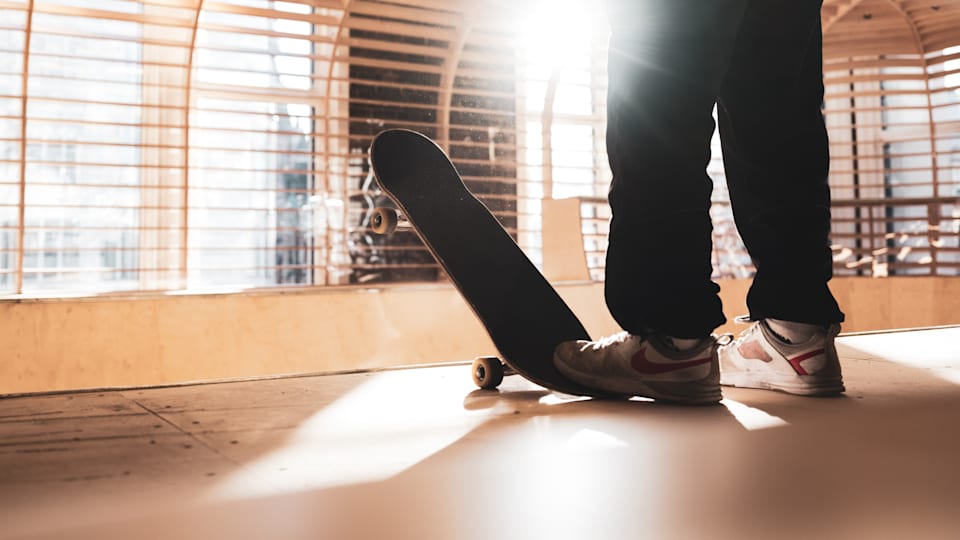
Skateboarding was first introduced to Norway in 1978 when the first boards were sold.
However, those sales were short-lived.
That year, reports from the United States claimed 28 children had died and some 100,000 others had been injured doing the sport in 1977, leading the Norwegian government to ban skateboarding on 15 November 1978.
The newest episode of the Olympic Channel original series Foul Play looks into the ban, its underground scene, and how Norwegian skateboarding has rebounded since the ban was finally lifted 11 years later.
And the episode meets Olympic hopefuls trying to qualify for the sport's Olympic debut at Tokyo 2020.
Skateboard history
Skateboarding had originated in the western United States probably a few decades earlier; it was first popularised by surfers looking for a different thrill when there were no waves.
By 1965, the American national championships were being aired on television in the U.S. and some time in the 70s, the trend had reached Europe, sometimes brought by American soldiers stationed on the continent.
One of the most famous and fundamental skills in skate, the ollie, was first recorded in 1978.
That same year, the craze arrived in the Scandinavian country of Norway, where Cedric Connell, one of the protagonists in the episode, started skating.
Ban in Norway
Yet, just months later, following the reports emanating from the States, public opinion in Norway flipped.
Like in cities across the world where the sport would go on to be banned, it was seen as a public menace.
The law banning the sport included the importation and sale of skateboards, and even the promotion of skateboarding.
Connell would go on to be one of the first people prosecuted under the new restrictions.
During the ban, Connell and the film's other protagonists Joakim Wang and Anders Wittusen all did their part to try to keep skateboarding alive in the country.
Boards were manufactured in secret and sometimes smuggled into the country, while ramps were built in forests.
The revival
Henning Braaten, the current Norwegian national team coach, had begun skating in the late 1980s on small plastic boards, having been unable to get his hands on a wooden board.
There was an exemption to the law in the 80s, with legal skateboarding allowed for members of an official skate club in Oslo with its own ramp.
In May 1989, Norway decriminalised skateboarding.
"When the ban was lifted, everyone started skateboarding," Braaten recalls. "It was something that everyone did, and then the hype was over and only a few were left."
Braaten quickly developed his skills, becoming one of the country's best known street skaters. He now coaches the national team, who are in the process of qualifying for the Tokyo 2020 Olympic Games, where skateboarding makes its debut.
Wang is now a key administrator of the sport's national governing body, and will be involved in selecting the Olympic team.
Things have definitely changed.
Norway now hosts an annual X-Games competition. And, as current national team member Tonje Pedersen says in the film: "It's crazy that skateboarding was illegal in Norway.
"There's new skate parks being built everywhere around Oslo right now."
You can watch the full episode of Foul Play: Norway's Skate Ban below.
